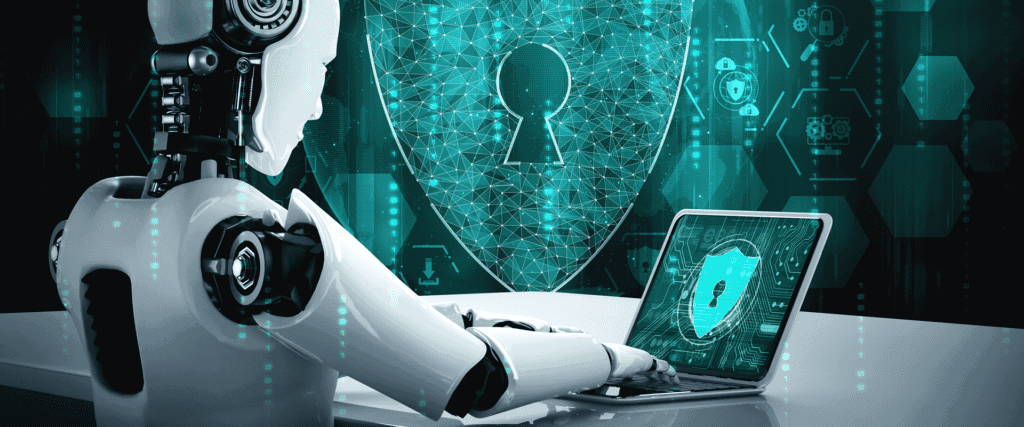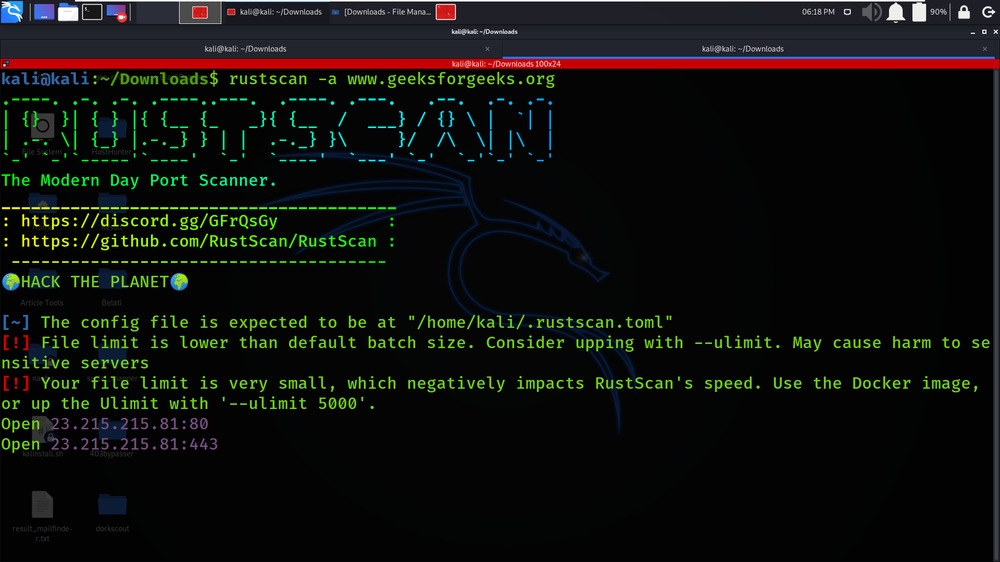Introduction:
In today’s digital world, cybersecurity has become increasingly crucial. With cyber threats on the rise, organizations, and individuals need robust defenses to safeguard their sensitive data and systems. Enter artificial intelligence (AI), a game-changing technology that is transforming cybersecurity. This blog explores the role of AI in cybersecurity, its benefits, limitations, and the collaborative approach required to stay ahead in the evolving battle between AI and cybersecurity.
For more information on cybersecurity and to delve deeper into the journey of cybersecurity, you can visit my blog
https://hackedyou.org/mastering-cybersecurity-2023-ultimate-guide/
Understanding AI in Cybersecurity:
To grasp the impact of AI on cybersecurity, let’s start with the basics. AI refers to machines performing tasks that typically require human intelligence. In cybersecurity, AI algorithms learn from vast amounts of data to detect patterns, anomalies, and potential threats. These algorithms power applications such as adaptive endpoint protection and behavior-based intrusion detection systems, providing real-time threat detection capabilities.
Challenges in the Modern Cybersecurity Landscape:
The cyber threat landscape is ever-evolving, with adversaries using advanced techniques to breach security defenses. This poses challenges for cybersecurity professionals who must adapt to new threats. Traditional rule-based systems struggle to keep up. However, AI offers a promising solution to combat these challenges effectively.
For a comprehensive understanding of the major cybersecurity threats, you can visit my blog
https://hackedyou.org/top-10-major-cybersecurity-threats-in-2023/
The Benefits of AI in Cybersecurity:
AI brings significant advantages to cybersecurity. It enhances threat detection and prevention by analyzing vast amounts of data in real time, identifying patterns and anomalies. AI also automates routine tasks, enabling faster response times and freeing up human experts to focus on complex security issues. Real-life examples, such as AI-powered malware detection systems, demonstrate how AI improves cybersecurity defenses.
AI-Powered Cybersecurity Tools and Techniques:
AI-based technologies play a critical role in strengthening cybersecurity. Machine learning algorithms allow systems to learn from data and make informed decisions. Natural language processing helps identify and mitigate threats hidden within text-based communications. Behavioral analytics detects abnormal user behavior or network activities that signal security breaches. AI-powered tools, including intrusion detection systems and anomaly detection mechanisms, leverage these techniques to fortify digital defenses.
Limitations and Ethical Considerations of AI in Cybersecurity:
Despite its potential, AI in cybersecurity has limitations and ethical considerations. False positives or false negatives are risks, where AI systems may mistakenly flag harmless activities or miss actual threats. Additionally, biases may exist within AI models, posing risks to fairness and accuracy. Ethical concerns regarding privacy and data protection also arise when AI analyzes sensitive information.
The Human Element: Collaboration between AI and Cybersecurity Professionals:
While AI is powerful, human expertise remains essential in cybersecurity. Cybersecurity professionals can effectively leverage AI tools by combining their knowledge with AI technologies. This collaborative approach ensures optimal defense against cyber threats.
Future Trends:
As we peer into the future, the ongoing battle between AI and cybersecurity is poised to undergo significant transformations. The emergence of new AI technologies will have a profound impact on the landscape of cybersecurity defenses. The rise of IoT devices necessitates AI-powered solutions for monitoring and safeguarding networks against evolving threats. Proactive threat hunting, fueled by AI algorithms, will enable cybersecurity teams to identify and address vulnerabilities before they are exploited. Collaboration between AI and cybersecurity professionals, coupled with ethical considerations and ongoing research, will be pivotal in maximizing the potential of AI while ensuring a secure digital future.
Conclusion:
AI and cybersecurity together form a formidable defense against evolving cyber threats. By leveraging the benefits of AI, organizations can enhance threat detection, response times, and overall cybersecurity resilience. However, it’s vital to address the limitations and ethical considerations associated with AI in cybersecurity. Ultimately, the collaborative approach between AI and cybersecurity professionals holds the key to a robust digital defense in the future.
To grasp a deeper understanding of the impact of AI on cybersecurity, visit








